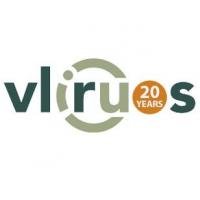Location
1060 Brussels | Belgium
The Flemish Interuniversity Council (Vlaamse Interuniversitaire Raad/VLIR) is a public utility foundation that was established in the 1970s. Within the VLIR, universities discuss matters that concern them all. They jointly formulate policy advice to the ministers responsible for education and research, and improve their internal effect through cooperation. Consultation themes include education policy, research policy, university management in the areas of finance and personnel, social services for students, diversity and equal opportunities. The VLIR manages the federal funds for university development cooperation at the Flemish universities. The VLIR secretariat for university development cooperation (VLIR-UOS) was established for this purpose.
Members:
Resources
Displaying 1 - 2 of 2Community Forestry in Papua New Guinea
General
In Papua New Guinea (PNG), forests cover 63% of the country and 97% of these forests are held in customary land ownership. About 80% of the population live in rural areas and they depend heavily on their forests. Under this initiative the Australian Centre for International Agricultural Research is working collaboratively with the University of Queensland to identify how community forestry in PNG can be enhanced and scaled up to achieve better economic, social and environmental outcomes.
Water & sediment budgets of Lake Tana for optimisation of land management and water allocation
General
The overall developmental objective of the project is to contribute to sustainable management of land and water resources in Lake Tana basin. The project will provide scientific evidence and raise awareness about water and sediment problems associated to the lake and show alternative options to minimize these prob¬lems and bring sustained use of the land resources and lake. Academically, this project will strengthen the capacity of BDU, BWR and EPLAUA staff



